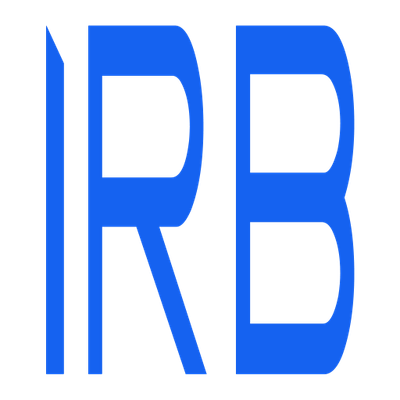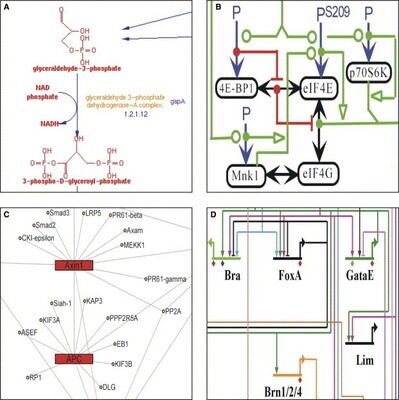Logic, Reason, and Knowledge
Logic, Reason, and Knowledge
FALL COURSE
ANALYTICS Fall 2025 (Sept-Dec)
Logic, Reason and Knowledge
IN-DEPTH DIVE
Time: TUESDAYS 11AM
Instructor:James Lyons-Weiler, PhD
Place: ONLINE ZOOM
Office:ONLINE
Office Hours: Via EMAIL AND AFTER CLASS
CAUSALITY Coffee Hour: Wednesdays at 11AM ET
Phone: 412-728-8743
e-mail: jameslyonsweiler@ipak-edu.org
Course Goals
1.To review how different cultures and schools of thought view logic, reason and causality.
2.To investigate ways of knowing used and abused in various domains in which conclusions are a currency.
3.To help you empower yourself to know and view valid inferences about reality and draw your own conclusions.
Course Description
Logic is the study of inference. It offers ways of analyzing the structure of inferences and has evolved over eon. The specific linguistic and mathematical tools for representing arguments in symbolic form have evolved over time. In the end, causality is often at stake, and the ability to carry the day often involves misleading and misdirection. Students will master methods that demarcate valid and invalid reasoning. In this course we will study formal and symbolic logic to discover how to identify a valid argument, classify and understand valid inferences such as analogy, invalidation, proof by contradiction, truth tables, and many other tools of the trade. We will examine evidences of causality and their relative strengths and weaknesses. Students will understand and be able to identify logical fallacies. In the final weeks, we will examine causal network theory and visit a theory of causal or liability attenuation and visit assessment of causality in complex, nonlinear dynamic systems.
Texts and Readings
Patrick Hurley, A Concise Introduction to Logic
Stanislaw
The logic of causal propositions (researchgate.net)
The Logic of Causal Propositions on JSTOR
Self-Assessment
PROJECTS (50%)
IN-CLASS PARTICIPATION (25%)
Comprehensive final exam (25%)
- COURSE OVERVIEW. A HISTORY OF LOGIC AND REASON.
- INTRODUCTION TO FORMAL LOGIC1
- INTRODUCTION TO FORMAL LOGIC2
- INTERMEDIATE LOGIC 1
- INTERMEDIATE LOGIC 2
- ADVANCED LOGIC 2
- ADVANCED LOGIC 2
- ARGUMENT
- ARGUMENT BY ANALOGY
- INVALIDATION
- PROOF BY CONTRADICTION
- CREATING AND USING TRUTH TABLES
- DIRECT VS. INDIRECT CAUSALITY
- MULTIFACTORIAL CAUSALITY
- EVIDENCES OF CAUSAL IMPLICATION
- CAUSAL NETWORKS1
- CAUSAL NETWORKS2
- CAUSAL ATTENUATION THEORY
- CAUSALITY IN CHAOS - NONLINEAR COMPLEX SYSTEMS
- CAUSALIITY IN THE QUANTUM REALM
- REVIEW OF LOGICAL FALLACIES AND HOW TO SPOT THEM
- PARADOXES AND KNOWLEDGE







